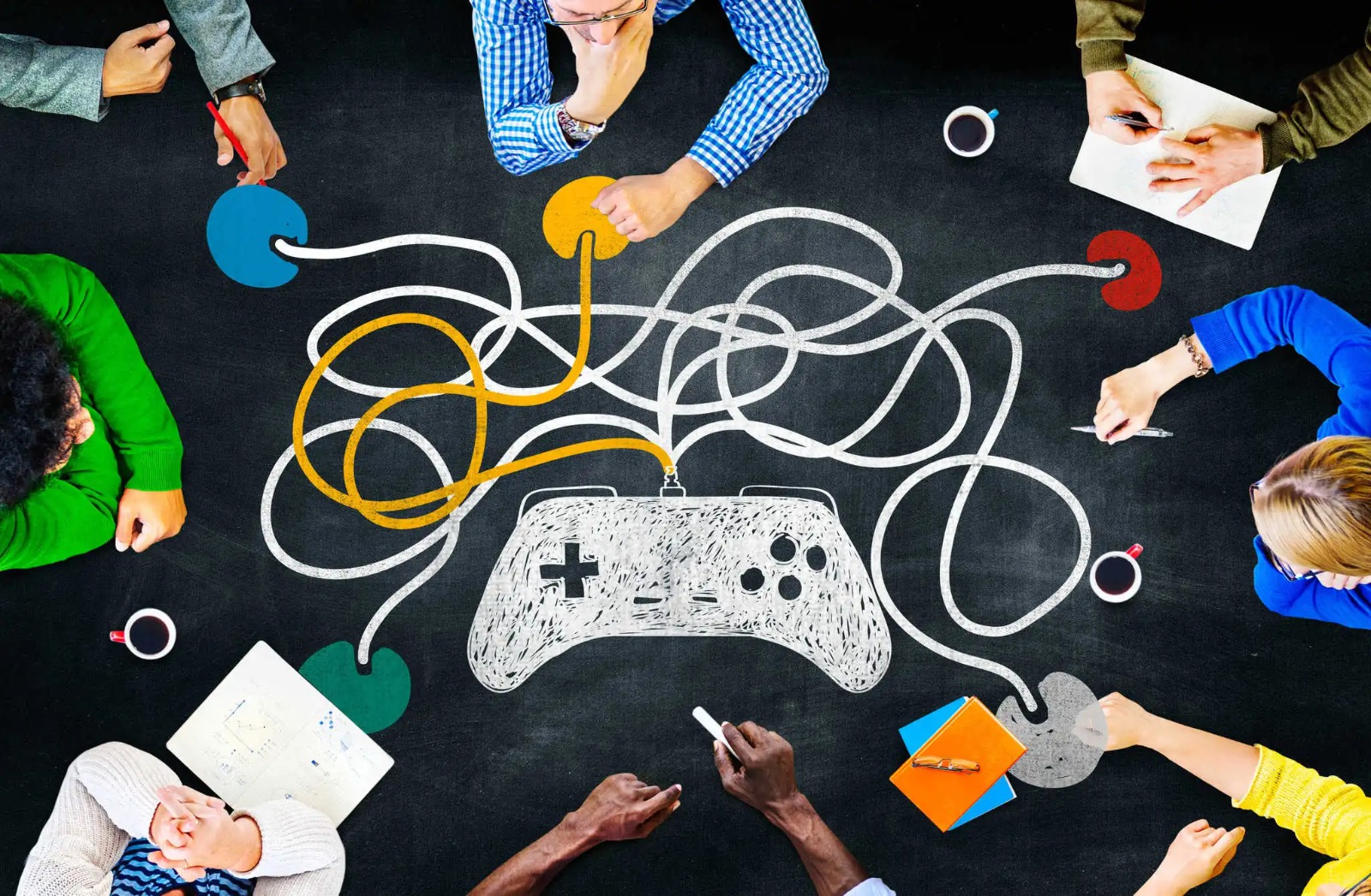Scientific study: Video games raise mental intelligence in studying
Scientific study: Video games raise mental intelligence in studying
Mohammed Dashti
The team of scientists at the University of California, California, reported that if a student is skilled at “a game quickly” on a smartphone or iPad, this increases his learning of “non-robot games” for it. It has widely beneficial effects, optimizing for beauty and academic achievement.
At first glance, parents may instantly disagree with this statement due to the subjectivity of the topic. It may be true to claim that video gaming generally disrupts a student’s use of time and effort, however this is not the case for everyone.
In regards with my personal experience, as an undergraduate student, there was a time where I used to play a video game (Call of Duty), as a part of my early morning daily routine, before attending my lectures. It wasn’t until this routine broke off that I understood and recognized the beneficial impacts out of this experience. Some of the impacts I acknowledged were mood stabilization, extroversion, increase in class participation and enhanced focus on lectures and study materials. It was my cup of coffee for the day creating an energizing experience. It was until I discovered that several factors play a role in creating this enhancing experience. These factors include the video game’s themes and challenges along with the player’s passion and health.
First and foremost is the genre of the video game. Some video games are designed for players seeking an adventure though a scripted storyline, other models include solving puzzles and challenges, first person car racing, first person shooter, strategy, and survival, etc. The theme of the video games affects the types of objectives the player is presented with creating a dynamic distinction of gaming experiences. First person shooter games set players in stress of competition against other active players in solo or team modes, initiating the increase of a player’s tension, stress and focus capabilities. Such multiplayer games may enhance an individual’s communication and leadership skills due to the existence of game chats and voice chats. On the other hand, adventure storyline games are rather preserved for calmer players and often unchaotic, fully engaging with NPCs (Non-Player Characters). This theme may decline a player’s social skills, impacting their student or work life.
A player’s passion is often a driver towards encountering game challenges. Players presented by difficult challenges may react differently, where it may be motivating for passionate players towards a specific genre, of which may develop long hours of unhealthy gaming addiction habits, resulting in draining their energy for the day when performing other life activities. However other players may get motivated for the day after achieving difficult challenges within a game as a form of pridefulness, acquiring skills such as problem-solving and decision-making depending on the game’s theme and context.
Students nowadays are faced with the issue of work-life balance, where practicing gaming can be a sign of disinterest in their college major, escape from reality or temporal addiction. Students’ life perception and behavior may well contribute towards how they view gaming, their gaming interests, and patterns, affecting their quality of life and overall performance within their studies.

